The campaign against Isis was pretty big news for most of 2016. But by the time the final showdown got under way in Mosul, it was late October. Western journalism was already departing on a bold new chapter, with great new villains much closer to home. For news consumers, one tableau of confusion and anxiety cross-dissolved into the next.
Fortunately, James Verini, a reporter for the New York Times magazine, was on the ground in Mosul, still working to bring closure to the previous nightmare. But that’s no easy task when ‘you’re usually sitting in some house or truck, or squatting behind some berm, listening to the destruction’, as he confides early on in They Will Have to Die Now. ‘Experientially, war is mainly sound.’
War also ‘consists largely of waiting for war’, which is very boring. In the meantime, there are the soldiers to hang out with: American special forces, typically sequestered in ‘a tight, wordless cluster of MRAPs and JLTVs’; and the much more fun Iraqis, who fatalistically eschew security perimeters, body armour, defensive cover and medical equipment, and do things like don a blue trilby hat and purple scarf at breakfast time (‘He carried them in a rucksack. This was his leisure wear’). One general’s humvee is ‘nested with sofa cushions and tasselled pillows’; another turns his back to sniper fire with a shrug and a wink. But such scenes have been providing light relief in frontline reporting from Iraq for a long time. In one all too honest moment Verini describes meeting his first Iraqi general: ‘I could hardly believe my luck. “Central casting” doesn’t begin to get at it.’
When war isn’t being loud and boring, most modern accounts agree, it’s being loud and surreal. Verini’s book is exceptionally rich in this vein. He watches ‘for what must have been an hour’ as a lone jihadi fires his rifle uselessly at an indifferently circling Hind — a 70ft Russian-made attack helicopter. At long last, the Hind humours the jihadi with a missile that ‘gave the aural effect of tearing the sky in two like a canvas’.
To foreign minds at least, war against Isis is especially surreal. At every momentary break in the fighting, ‘out came the phones. More selfies. Texting. A man called his mother’. The phones are every individual’s thin lifeline to a sense of normality, but primarily serve as constant portals to the dominant reality of conspiracy theory and torture. ‘The realest thing in this phone world may have been the execution videos,’ Verini writes. ‘Everyone knew someone who’d been killed on the internet.’
Understandably, Verini has no real contact with active Isis members, who only recede from his advance or die, leaving behind complex tokens of their existence: lovingly hand-painted propaganda posters; booby traps; a fake beard. His analysis, like his war reporting, skilfully clambers among the conventional frameworks: ‘The Islamic State was suicidal’; ‘the Islamic State… was a death cult’. He assesses ‘the sad, desiccated sexual component… which reeked not just of pornography but of impotence’. He also reviews the ancient history of Mosul — ‘especially beheading. The Assyrians were obsessed with it’ — figuring ‘the jihadis’, as he always refers to them, as the latest faceless wave of the desert’s bloody tide.
By far the most penetrating sections of the book concern two brothers he meets in a displaced persons camp. Both, being middle-aged Iraqis, are living through their fifth war; both are widowers, with teenage sons and daughters, their wives having been separately killed in the aftermath of the 2003 invasion. The brothers don’t speak to each other, and one also argues bitterly with his children, whom he describes in their presence as ‘mentally unstable’. Here, Verini makes the beginnings of an extraordinary portrait of domestic lives stewing in desperation and rage. From Saddam to the Americans, to the Shia-dominated government, to Isis — each promised to be better than the last, turned out worse, and was then nostalgically rehabilitated after its demise.
‘It was so normal in the beginning. They entered as if they were tourists,’ one brother says of Isis. ‘They were connected with al Qaeda, we knew that, of course, but they were very nice and treated people very well.’ It eventually emerges that all the family’s teenage boys had in fact joined. One beat his father in the street and threatened his sisters with beheading. Another, long lost, reappears as a curled corpse on his father’s phone screen.
Verini has to leave the brothers behind, and the different, more original book they seemed to offer him. It becomes too dangerous to remain in Mosul. In those passages, They Will Have to Die Now entirely transcends its genre. But it also suggests that, after so many years, we are nearing the end of what we can glean about this place and its conflicts by sending flak-jacketed, non-Arabic-speaking essayists — the ‘central casting’ war correspondents of Iraqis’ dreams, presumably — to tag along with military units and drop in on refugee camps.
Got something to add? Join the discussion and comment below.
Get 10 issues for just $10
Subscribe to The Spectator Australia today for the next 10 magazine issues, plus full online access, for just $10.
You might disagree with half of it, but you’ll enjoy reading all of it. Try your first month for free, then just $2 a week for the remainder of your first year.

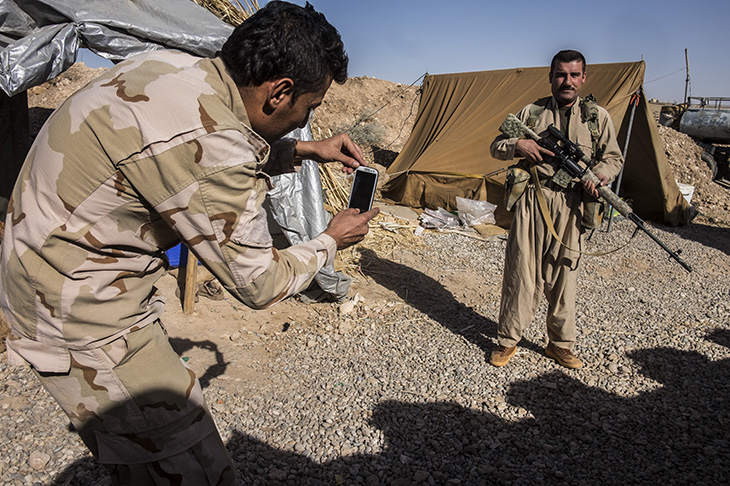
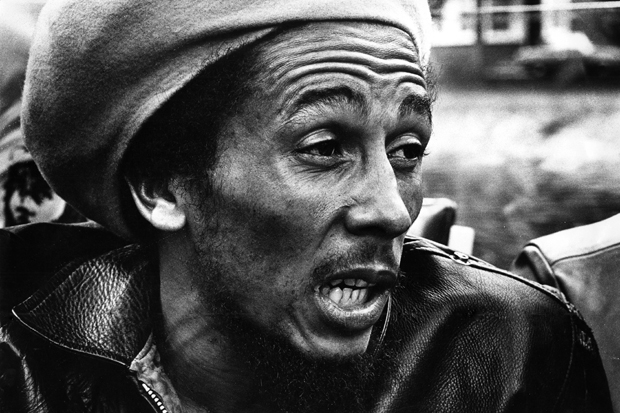

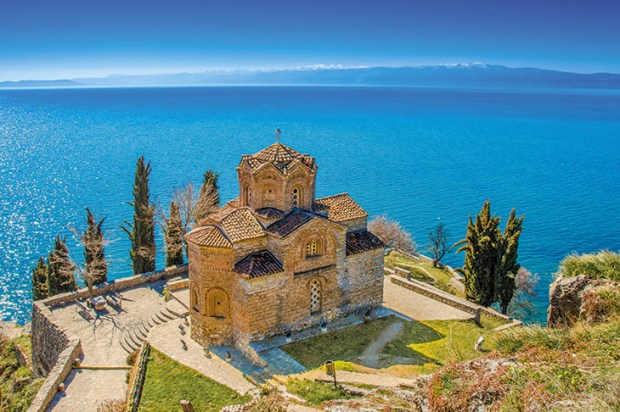
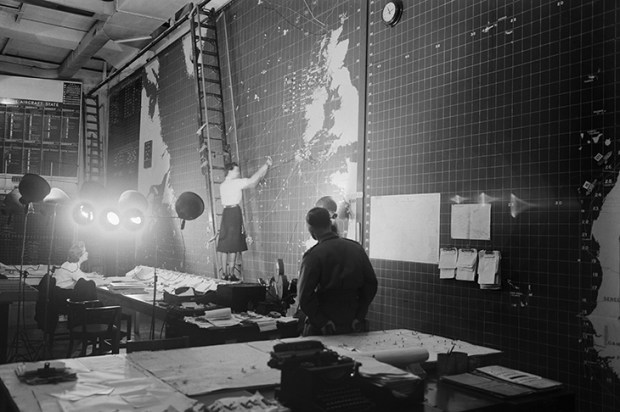

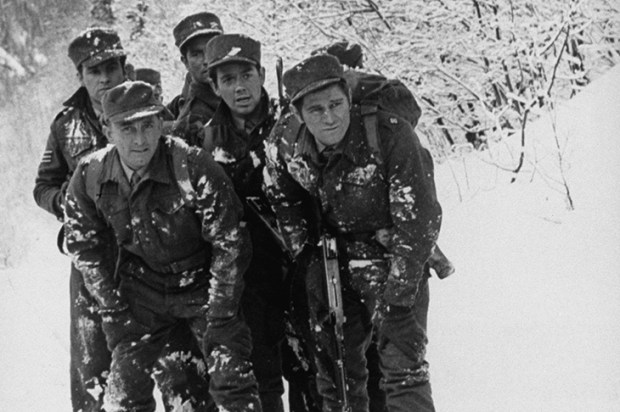






Comments
Don't miss out
Join the conversation with other Spectator Australia readers. Subscribe to leave a comment.
SUBSCRIBEAlready a subscriber? Log in